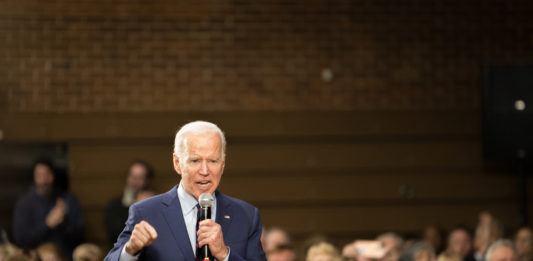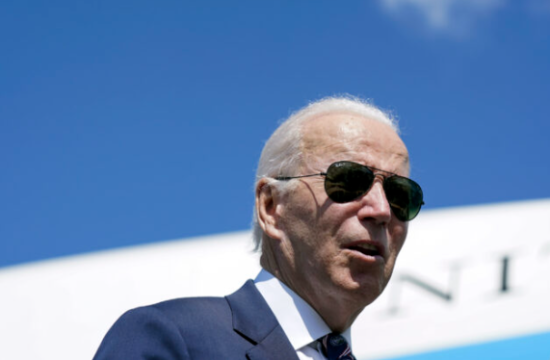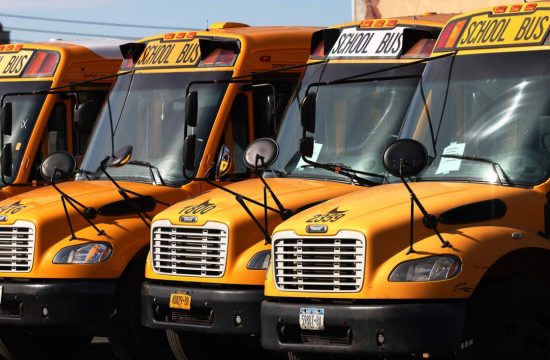Electric-grid operators from California to Texas to Indiana are warning that power-generating capacity is struggling to keep up with demand, a gap that may lead to rolling blackouts this year during heat waves or other peak periods.
California’s grid operator predicted a supply shortage this summer, particularly if excessive heat, wildfires, or delays in bringing additional power sources online worsen the limitations. Late last month, the Midcontinent Independent System Operator, or MISO, which supervises a vast regional grid that stretches over most of the Midwest, warned that capacity constraints may require it to adopt emergency steps to satisfy summer demand, raising the danger of disruptions.
The grid operator in Texas, where a number of power facilities have recently gone down for maintenance, has warned of tight circumstances during the upcoming heat wave.
Electricity shortages are becoming more likely across the United States as old power facilities are decommissioned faster than renewable energy and battery storage can replace them. As the United States makes a historic shift from coal and natural gas-fueled power plants to cleaner types of energy like wind and solar power, electricity systems are feeling the pressure, and old nuclear units are due for retirement in many regions of the country.
The problem is that wind and solar farms, which are among the most cost-effective kinds of energy generation, don’t always produce electricity and require massive batteries to store their output for later use. While a substantial quantity of battery storage is being developed, regional grid managers have recently warned that the rate of development may not be rapid enough to counteract the closures of traditional power plants that can operate 24 hours a day.
With supply-chain issues and inflation, accelerating the deployment of renewable energy and batteries has become increasingly tough.
Recently, a Commerce Department investigation into whether Chinese solar manufacturers are evading trade taxes on solar panels has banned imports of crucial components needed to create new solar farms, effectively halting the US solar sector.
Faced with the risk of having to call for blackouts if demand exceeds supply, many grid operators are also wrestling with the same problem: how to stimulate the deployment of batteries and other new technologies while avoiding the premature closure of older power plants.












